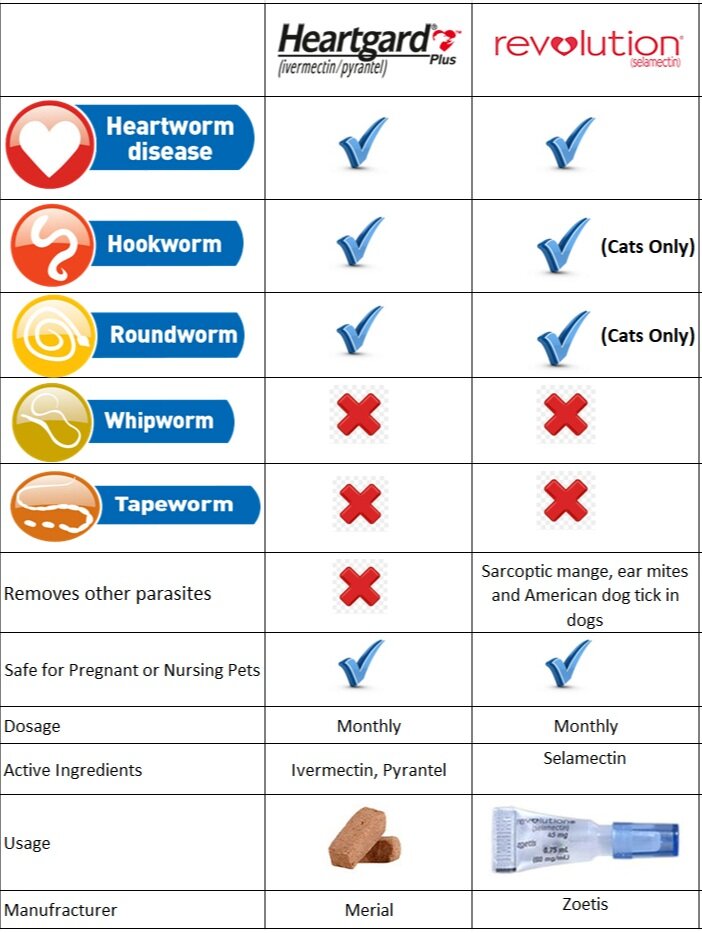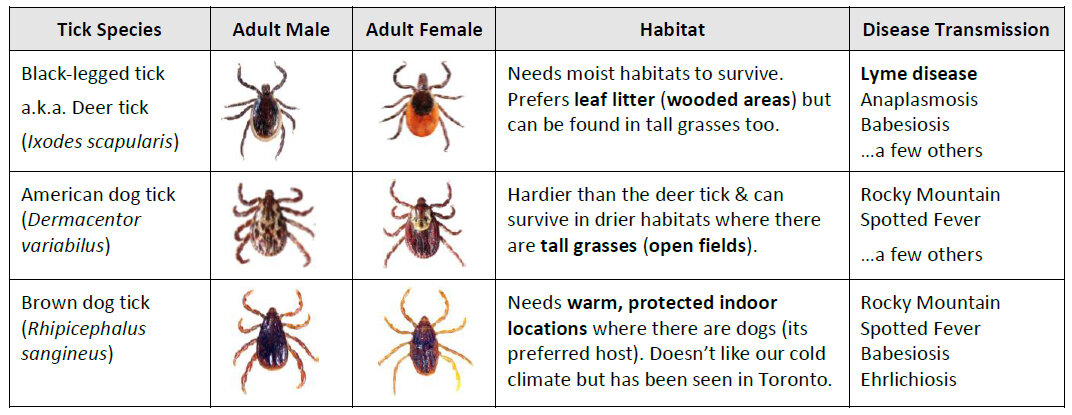Let’s talk about Ticks!
What are ticks? Ticks are parasitic arachnids that are part of the superorder Parasitiformes. Along with mites, they constitute the subclass Acari. And they feed on the blood of all kinds of animals, from birds to deer to humans.
Ticks start looking for a blood meal at 4°C
The deer tick is the tick that carries Lyme Disease
Ticks must be removed intact, especially their mouthparts. If you find a tick on your pet, bring them in to see a veterinarian if you are not confident in removing the tick.
Ticks are a continuous problem
Most ticks live in shady, moist areas at ground level. They will cling to tall grass, brush, and shrubs, usually no more than 18-24 inches off the ground. They also live in lawns and gardens, especially at the edges of woods and around old stone walls.
For more information on Ticks in Ontario and Lyme disease check The Government of Ontario’s website
https://www.ontario.ca/page/lyme-disease
Prevention for Fleas/Ticks
Lab Testing Prior to dispensing Heartworm prevention:
Before administrating and dispensing Heartworm prevention, we require a 4DX heartworm test at the lab, which test for 3 types of tick-borne diseases and heartworm disease- antigen. This is a vital step to ensure we are not giving prevention to a heartworm-positive dog as the prevention can cause more harm if an animal is already heartworm positive.
Heartworm Disease
Heartworm is a disease caused by long worms that live in the heart, lungs, and other blood vessels of pets. These heartworms can cause damage to many vital organs in the body.
Heartworm is transmitted by mosquitos
In dogs, if the disease goes undiagnosed, the worms will continue to multiply causing lasting damage even after the parasites are gone
Prevention is the best option to keep pets healthy and safe
In cats, worms do not survive into the adult stage where they can multiply like they do in dogs. This being said, they still pose a threat to cats as they can cause Heartworm Associated Respiratory Disease.
This disease cannot be treated for cats. Prevention is the only option to protect against heartworm. Depending on your cat’s lifestyle, this may be an option to look into
Signs your dog may show are coughing, fatigue, decreased appetite, weight loss
Prevention for Heartworm
NEXGARD
NEXGARD kills fleas and ticks fast, all month long, and it's FDA-approved to prevent the infections that cause Lyme disease by killing black-legged ticks.
NEXGARD is safe for puppies!
Bravecto
BRAVECTO is the only flea and tick treatment that lasts 12 weeks with 1 convenient chew or topical dose. The long-lasting protection of BRAVECTO effectively eliminates flea infestations on pets with just 1 dose.
Heartgard Plus
Just one bite from an infected mosquito could put your pet at risk for heartworm disease. HEARTGARD attacks heartworm larvae before they can grow into adults and cause heartworm disease. It is given every 30 days and can be given as young as 6 weeks old.
Revolution
REVOLUTION provides protection against fleas and heartworms. It treats and controls ear mites and sarcoptic mange, and controls tick infestations. REVOLUTION is given once a month. REVOLUTION can treat puppies as young as 6 weeks and is also great for cats!
Tick Identification Chart








